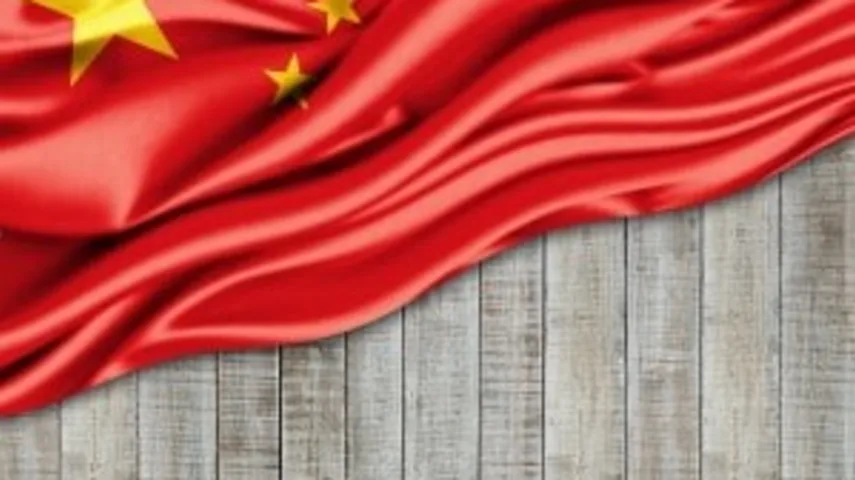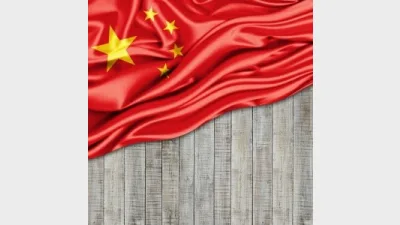Is China an emerging market?



The inclusion of China A-Shares in several indexes illustrates the problem with classifying China’s mainland securities as developed, emerging or frontier, according to Parametric.
This was evidenced by three criterion applied by MSCI when considering how to classify a country which included the following metrics: economic development, size and liquidity, and market accessibility.
Parametric’s head of investment strategy, Tim Atwill, noted that when measuring the average citizen's income level, China was quite close to meeting the World Bank's definition of high income.
“As stated, this criteria supports MSCI's current classification of China as emerging. Note that this is the closest equivalent to what's commonly meant when investors say China is practically a developed economy - it's become a relatively rich country in the global context,” he said.
At the same time, the second criterion (size and liquidity) would argue for China to be considered a developed market as the mainland exchanges had dozens of large, liquid stocks that meet the market-cap and float requirements.
Following this, the third criterion (market accessibility), however, was the most qualitative, addressing what it meant for a market to have developed-like structures and practices.
“All of this speaks to the historically unique problem MSCI (and global investors) find themselves grappling with - China is a nation that's on the brink of being economically developed but still retains market practices more commonly associated with a frontier-market country,” Atwill said.
According to Atwill, this conundrum led to MSCI's delay in its initial inclusion of A-shares, and even now MSCI is choosing to include only a small fraction of their representative weight while it encourages Chinese authorities to make needed market reforms, he said.
Recommended for you
Global asset manager Janus Henderson could be acquired after receiving a non-binding acquisition proposal jointly from a private investment firm and venture capital firm.
Investment manager Salter Brothers has partnered with private equity firm Kilara Capital to launch an Australian sustainable investment platform focusing on decarbonisation.
Fresh off launching three active ETFs to the Australian market, Avantis Investors is already planning to expand its range with two further products next year.
Ausbil is growing its active ETF range with an ESG product in collaboration with sister company Candriam.












